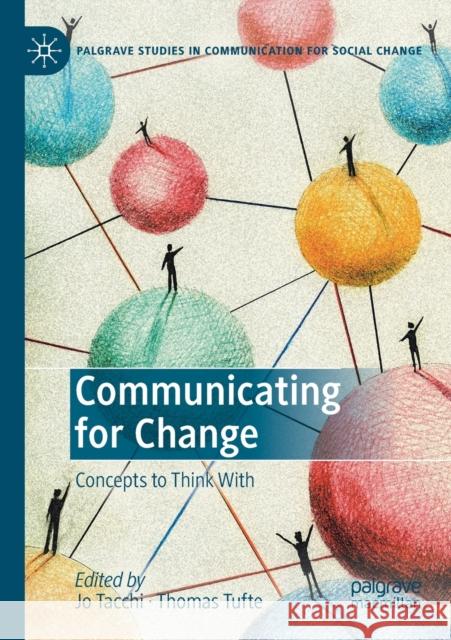Communicating for Change: Concepts to Think with » książka
topmenu
Communicating for Change: Concepts to Think with
ISBN-13: 9783030425159 / Angielski / Miękka / 2021 / 186 str.
Communicating for Change: Concepts to Think with
ISBN-13: 9783030425159 / Angielski / Miękka / 2021 / 186 str.
cena 201,24
(netto: 191,66 VAT: 5%)
Najniższa cena z 30 dni: 192,74
(netto: 191,66 VAT: 5%)
Najniższa cena z 30 dni: 192,74
Termin realizacji zamówienia:
ok. 16-18 dni roboczych.
ok. 16-18 dni roboczych.
Darmowa dostawa!
Kategorie:
Kategorie BISAC:
Wydawca:
Palgrave MacMillan
Seria wydawnicza:
Język:
Angielski
ISBN-13:
9783030425159
Rok wydania:
2021
Wydanie:
2020
Numer serii:
000768460
Ilość stron:
186
Waga:
0.24 kg
Wymiary:
21.01 x 14.81 x 1.09
Oprawa:
Miękka
Wolumenów:
01
Dodatkowe informacje:
Wydanie ilustrowane











